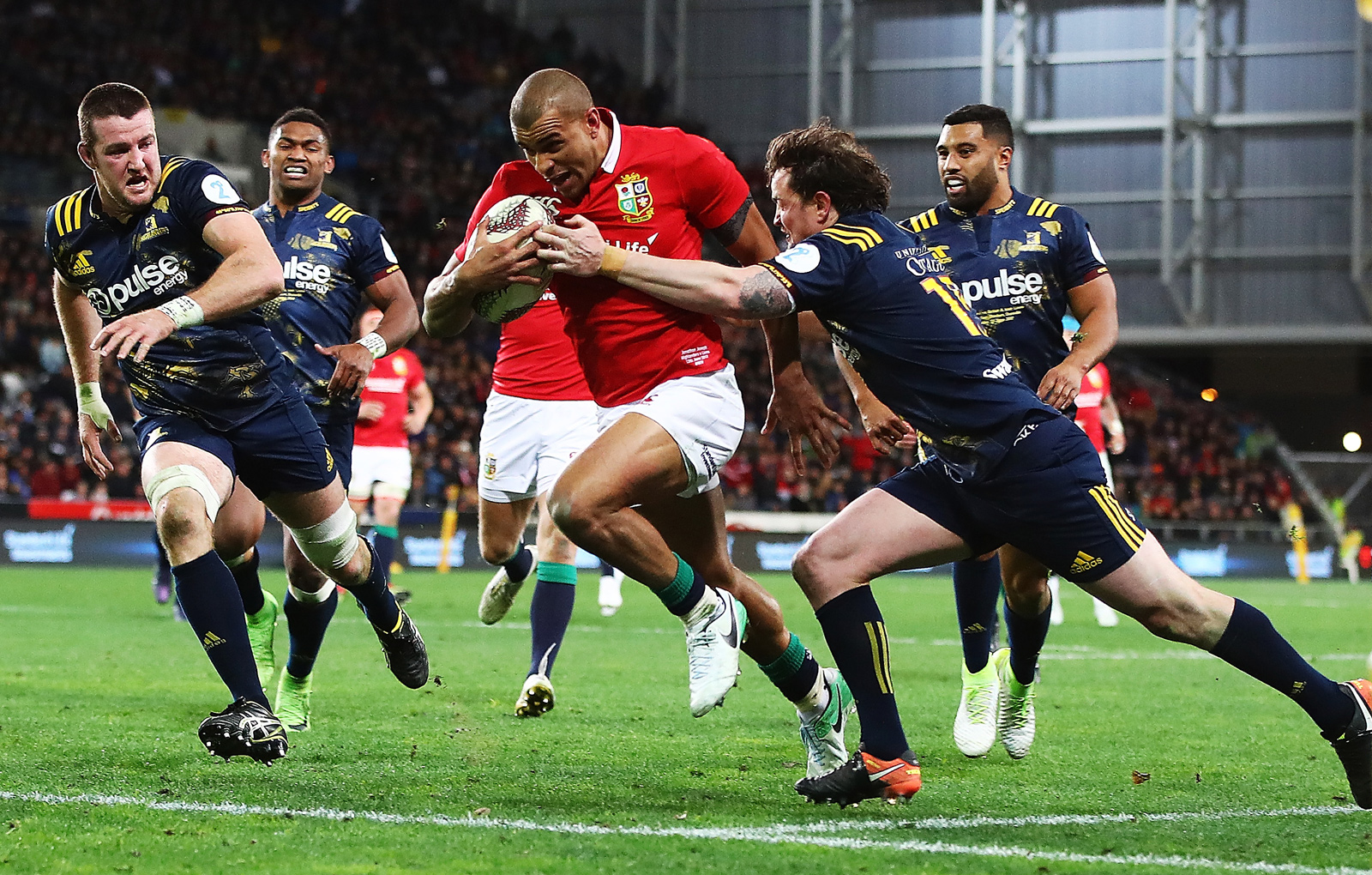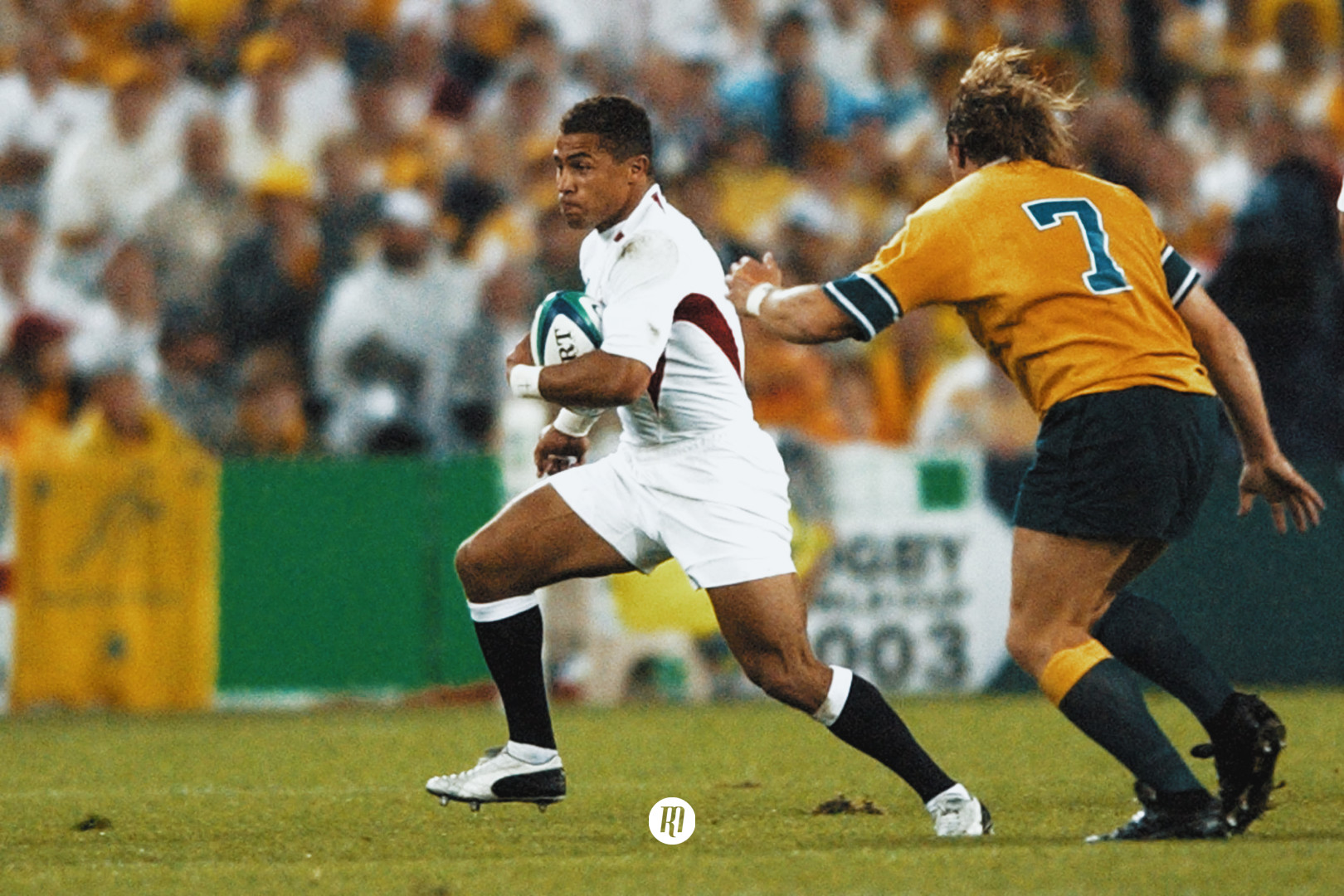Match Analysis: Highlanders v Lions
The Lions fell to their second defeat of their tour against a high tempo and determined Highlanders side, who managed to overturn a deficit of nine points to win the game by twenty-three points to twenty-two.
On reflection, this was a reasonably balanced game, though the Lions will be disappointed to have thrown away a nine point lead and find themselves on the losing end of another fixture on this tour, with a final score of 23-22 to the Highlanders.
But such is the inconsistency of their discipline, though that was certainly not the single key factor in this defeat. Indeed, one must applaud the Highlanders for arriving to this fixture with such an astute and effective game plan; they nullified the Lions defensive press and consistently kept themselves in a position to score points.
Furthermore, and perhaps the Highlanders’ biggest advantage, was playing in the Forsyth Bar stadium with the roof closed. This ensured the game would never degenerate into the tight, attritional style of game we had witnessed on Saturday against the Crusaders, and would remain instead a more open and flowing fixture that complements the New Zealand game so well.
There were some positives on show for the Lions, though overall one feels like they have built less in this fixture than they have in those previously. The biggest positive is that they scored three tries; 150% more than they have scored to date.
However, for the first time this tour, there was more to worry about than praise.
Having touched upon their discipline - and without getting drawn into debate on the differences of northern and southern hemisphere refereeing of the scrum; there were plenty of other areas where needless penalties were given away - one must also note that Lions bench really sucked the life out of the game, and the line between test starter and mid-week man has come sharply into focus.
The loss of Rhys Webb was a pivotal moment for the Lions; his ability to ask questions around the fringes of the ruck and to open up space with his movement was in stark contrast to the singularly distributional Laidlaw.
Another big loss was that of Kyle Sinckler, and indeed the Lions starting front-row; once their replacements had taken the field, there was a definite shift in scrum control to the Highlanders. While I do think Dan Cole can certainly feel aggrieved on 62 minutes when he conceded a penalty, despite it appearing that his opposite number had dropped his bind, he was outmuscled 10 minutes later when the Highlanders scrum got underneath him and drove right up and through; the resulting penalty was the game winner.
Game Plan
The Lions have been working well over their previous fixtures, and it is clear that the squad has been coming together both on and off the pitch. From fixture to fixture, there has been marked improvement in their play, but for the first time on this tour (and certainly as a result of the victory over the Crusaders), there was an air of confidence going into this game.
Against the Crusaders, their defence was excellent, and they looked far more incisive with the ball in hand, though they perhaps lacked a little bit of patience and a clinical edge. Otherwise, all positive, and plenty to build on for this fixture.
And yet, it was clear in the opening stages of the game that the Highlanders had put together a clear and decisive game plan that would allow them to play the game on their terms.
They spread the ball wide quickly, shifting the point of contact away from the tight Lions’ press and into the wide channels, reminiscent of Scotland’s victory over Ireland in the Six Nations this year. Moreover, they maintained a very high tempo with the ball in hand, often choosing a quick tap penalty, and keeping the ball moving quickly from the breakdown, never allowing the Lions’ defence the opportunity to set themselves for the press.
Furthermore, they utilised some clever kicks (though they are certainly not alone in New Zealand at having mastered the kick-pass) that exposed holes in the Lions’ defence and ensured they remained on the front foot.
But…
One can’t help but feel that some of this might have been mitigated against had the Lions’ been able to make more of their own possession. The same could be said of the defeat to the Blues, and the one on whose shoulders the burden of this particular responsibility has fallen is Dan Biggar. I don’t want to take anything away from Biggar, he hasn’t played particularly poorly in each of these defeats, but with some astute game management, the Lions’ might not have found themselves in the positions they have done.
At times during this fixture, the Lions were busy playing on the half way line, with little to break the opposition down. This had been effective through the first half due to Rhys Webb’s ability to open up a hole, but even then, and especially after his withdrawal, some smart thinking could have shifted the game into the Highlanders 22 and put them under pressure with a strong line-out.
Comparatively, the Lions’ had nearly 60% territory in the win over the Crusaders, and were praised for keeping the outside players on the back foot. This is something England have been doing substantially well over the last year, and it comes as no surprise that the player under whom this responsibility lies for the country has also been guiding his club side to two consecutive European titles.
By the time Owen Farrell came into this fixture, it was too little, too late.
Small Cogs, Big Machine
There are certainly key areas in which the Lions’ have had ascendancy over the previous fixtures; the set-piece, the contact area and their physicality and intensity in defence and at the breakdown. However, as touched upon previously, in this game the Highlanders were able to nullify the intensity of the Lions defence, but they also got the better of them in the contact area, and to some extent the set-piece too.
While this was a team performance from the Highlanders, guided by an intelligent game plan, it was certainly built on the sum of its parts.
The Highlanders made gains in every area of the field, which cumulatively counted towards their ability to keep themselves in the game and ultimately grind out the win. They were winning the high ball, often when they didn’t even catch it, it seemed; they were winning at the breakdown, which till now had been a key positive for the Lions; and they were winning in the contact area, getting over the gain line and always keeping the Lions on the back foot.
No one epitomised this more than Waisake Naholo. He would be rewarded with a try after 26 minutes.
When the Lions did get control of the ball in the final third, they were able to build well, and did indeed show a lot more patience than they had done previously. This resulted in a well worked try from Jonathan Joseph in the first half, and Sam Warburton in the second.
Both players showed a great deal of promise within this fixture, and yet neither stood far enough above their competition to truly make a case for a starting berth by the time the first test rolls round. Joseph, while scintillating in attack with his quick feet and excellent lines of running, was decidedly average in defence. Warburton was quiet, and will be pleased to have got a try, but Justin Tipuric is still the form player at the moment.
And so it goes to show, that in these tight games, managing the game and playing in the right areas are key to coming out with a victory. As ever with rugby, there are an incredible number of variables, but with the right game management, you can put yourself in a position that ensure the variables stay in your favour.
Higher Odds
The first test is creeping ever nearer, and the starting team is now beginning to come into focus. In many respects, the game against the Māori All Blacks - already labelled as a fourth test - will be the first game in which we will see the eventual lines of division through the squad; a near test team will likely be chosen, followed by the ‘mid-weekers’ against the Chiefs in a week’s time.
After a rough game against the Blues, Jack Nowell had a sure, if unspectacular night, though as ever you cannot fault his work rate. Robbie Henshaw played well, with great intensity in attack and defence, and Kyle Sinckler was another good performer in this fixture.
Chances are though, there are many players who have already sufficiently written themselves in or out of the places available for Saturday’s game, but if the Lions are going to succeed on Saturday, they will need to focus on improving their discipline and game management.
That said, one would expect Farrell to start, and given the positivity in his performance in the centre alongside Jonny Sexton, it might not come as a surprise that Warren Gatland’s claim that he sees Farrell as a world-class 10 was a ruse all along. That being so, you have the two players on the field who are capable of managing the game and controlling the All Blacks.
But it is worth noting, that no one ever expected this tour to be easy.
Not that anyone needs reminding, when the Lions last visited in 2005, they were thumped 3-0 in the test series, but importantly in the midweek games, they played against Provincial Championship teams, rather than the Super Rugby franchises. There is a marked improvement in opposition for this tour, and the Lions’ don’t need to be too disheartened by their defeats; they have been learning and building in a good direction, though Saturday will certainly bring everything to a head.
But, as I said after the loss to the Blues: When history looks back, it’s the test games that are remembered.

Filed under:
British & Irish Lions, Match Analysis
Written by: Edward Kerr
Follow: @edwardrkerr · @therugbymag




